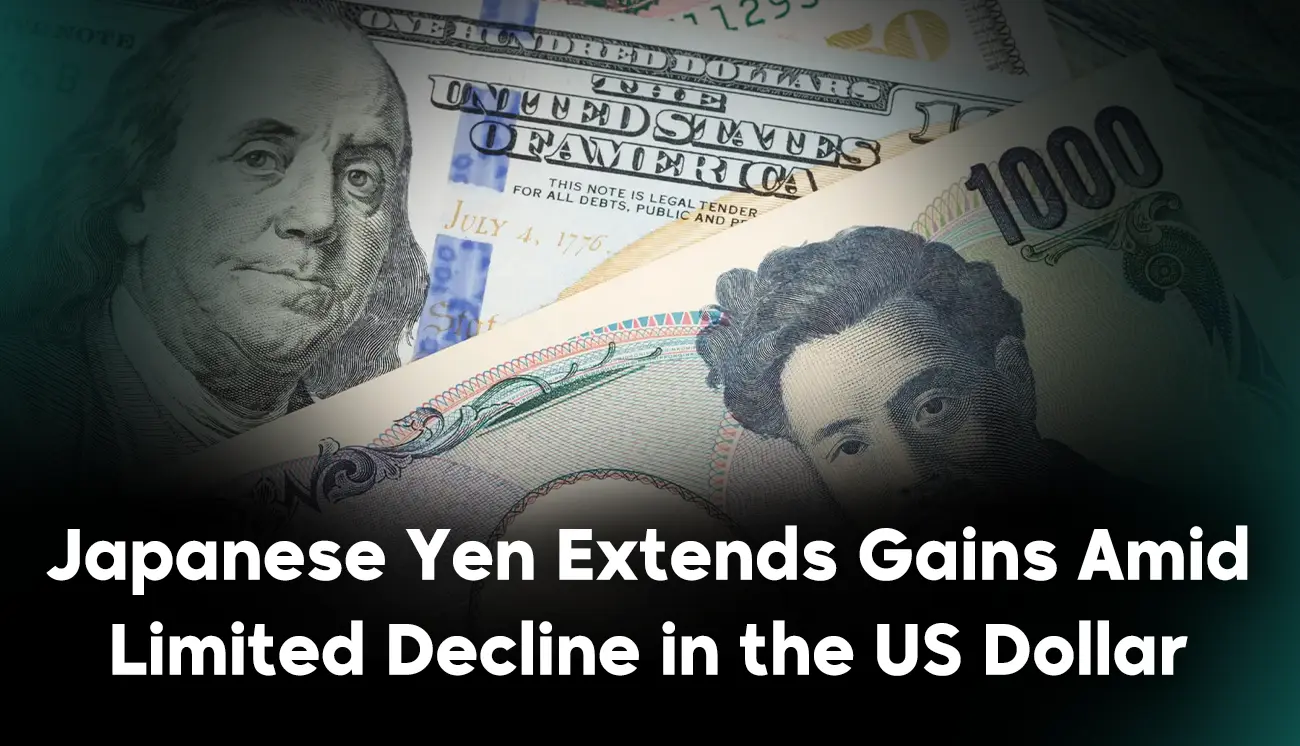The Japanese yen rose during Tuesday morning trading, extending its gains for the second consecutive day after rebounding from its lowest levels in nearly two weeks against the US dollar, coinciding with the opening of the European market.
This rise came amid growing market tensions ahead of the second round of trade talks between the United States and China, which renewed investor interest in safe-haven assets, led by the yen. Expectations that the Bank of Japan will continue raising interest rates have also supported the yen, especially as investor appetite for the US dollar weakens.
On the other hand, the US dollar has continued to trade within a narrow range for more than a week, amid growing concerns about the financial situation in the United States and increasing bets that the Federal Reserve may cut interest rates later this year. This divergence in monetary policy direction between the Fed and the Bank of Japan has further strengthened the yen against the dollar.
Adding to these factors are global geopolitical tensions, which have once again driven investors toward the yen as a safe haven, particularly with rising expectations that the Bank of Japan may move toward further monetary tightening.
In London, senior US and Chinese officials held a new round of trade negotiations on Tuesday, focusing specifically on restrictions related to the export of rare earth metals. Although these talks initially sparked some optimism, which put pressure on the yen at the start of the session, demand for the Japanese currency returned strongly as European markets opened.
Meanwhile, Japanese GDP data released on Monday showed that the economy contracted at a slower-than-expected pace during the first quarter of the year, declining by 0.2% on an annualized basis. These figures further reinforced expectations that the Bank of Japan will continue raising interest rates amid ongoing inflationary pressures.
In this context, Bank of Japan Governor Kazuo Ueda stated on Tuesday that the bank will raise interest rates once it is confident that core inflation is stably near the 2% target. Nevertheless, markets still widely expect the Federal Reserve to cut rates at its September meeting, especially with growing political pressure, as former US President Donald Trump renewed his call for a 1% rate cut.
Stay informed about global markets through our previous analyses. and Now, you can also benefit from LDN company services via the LDN Global Markets trading platform.





